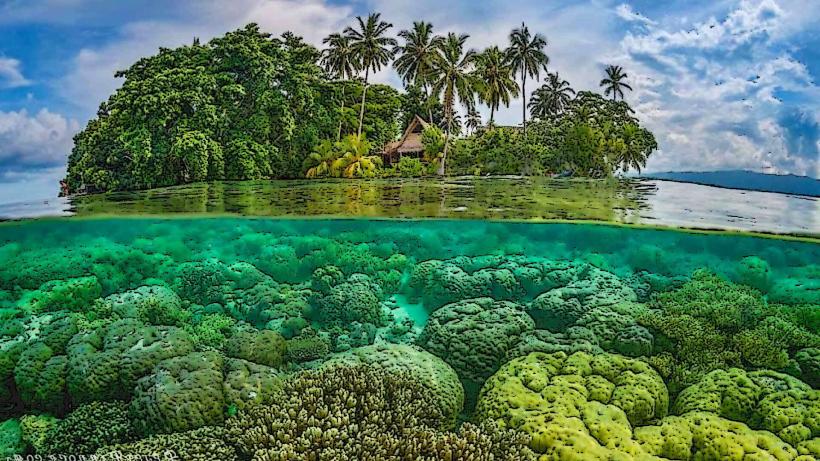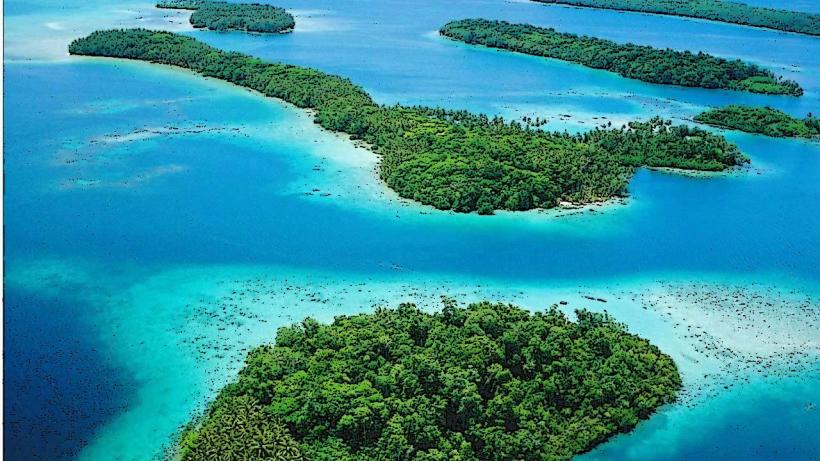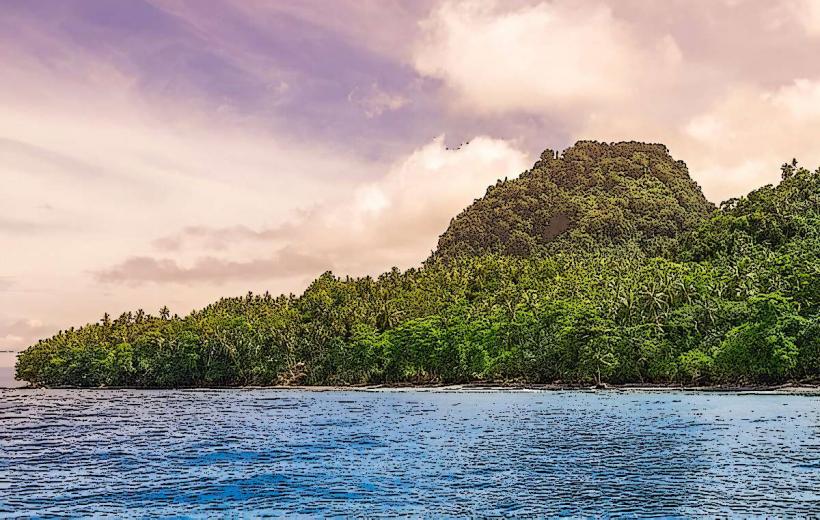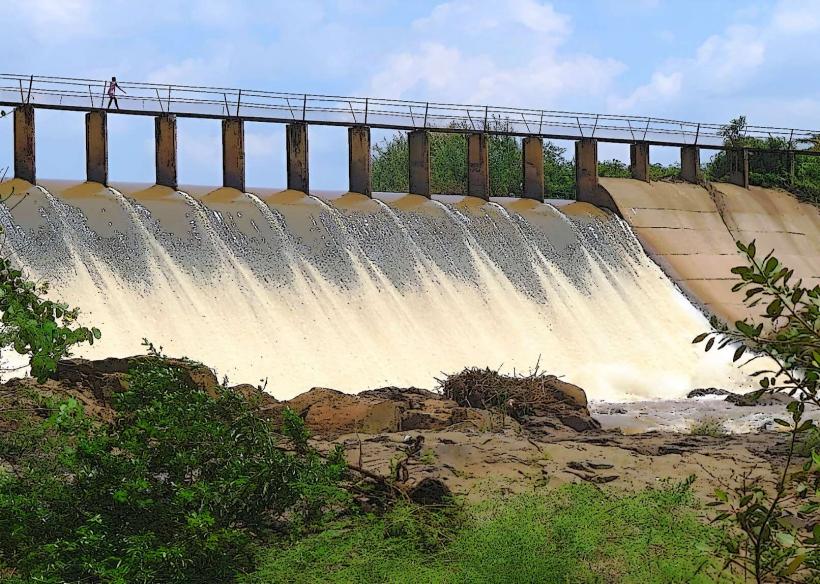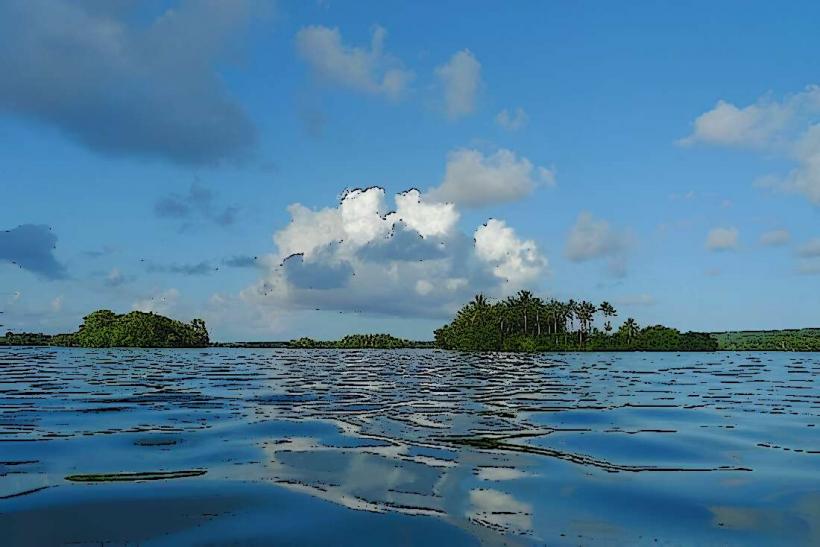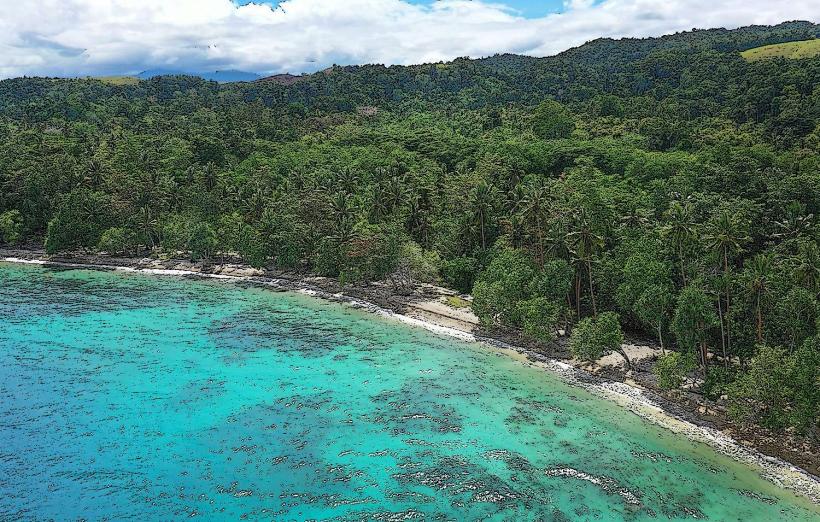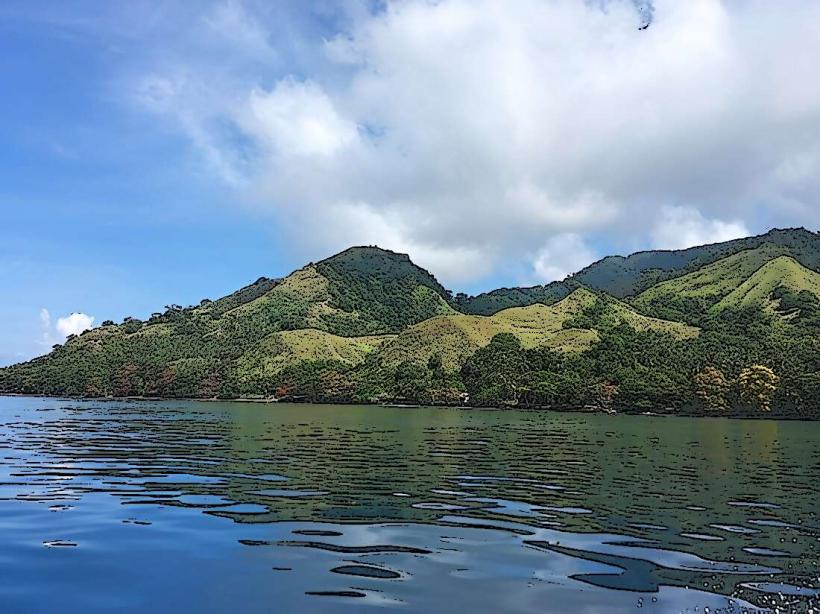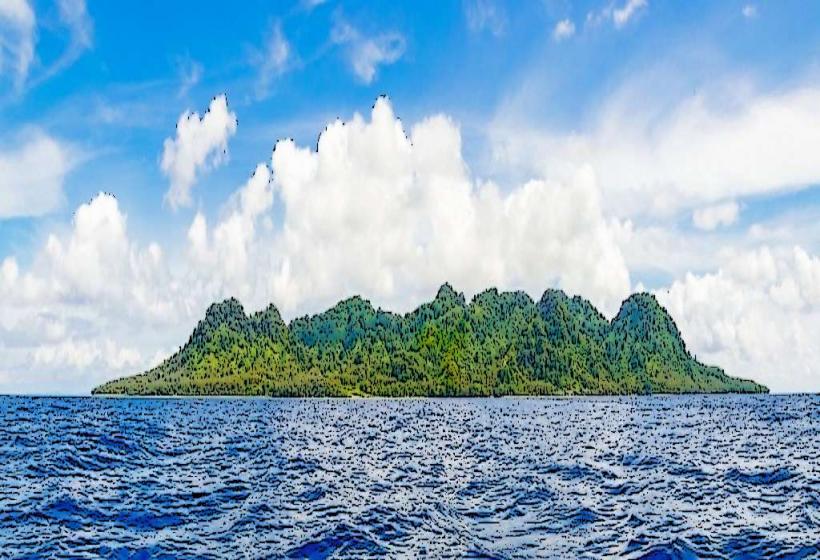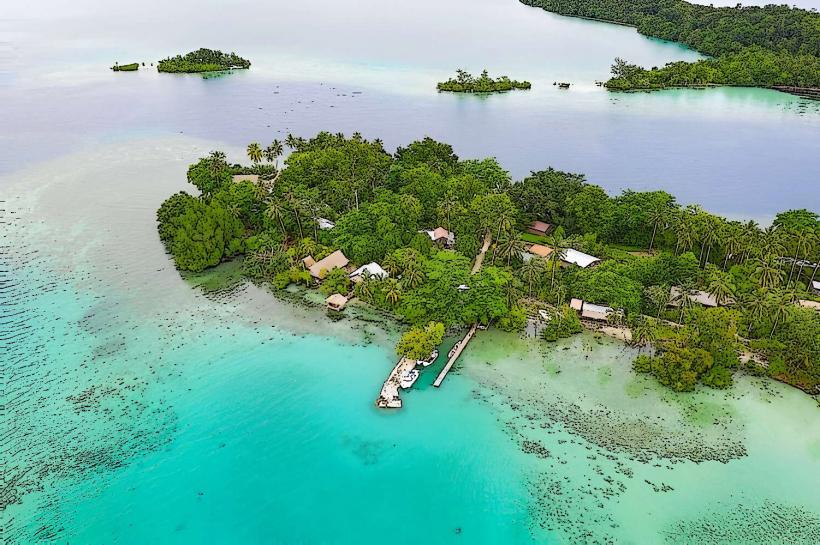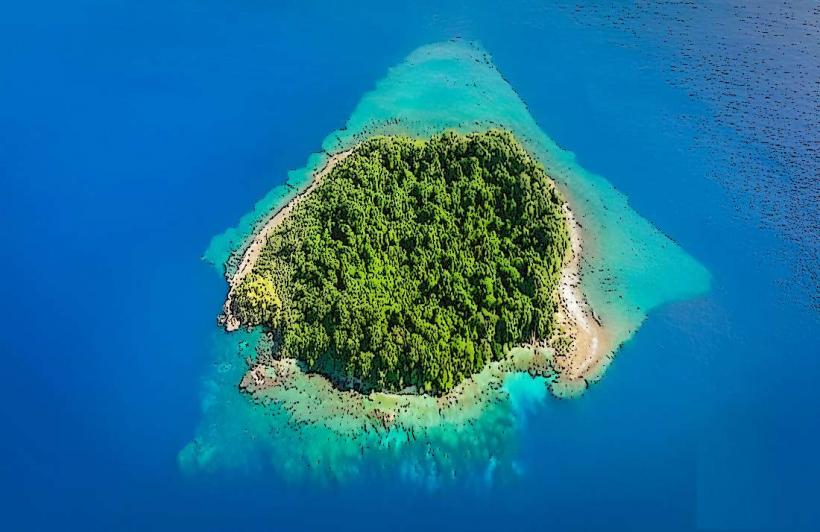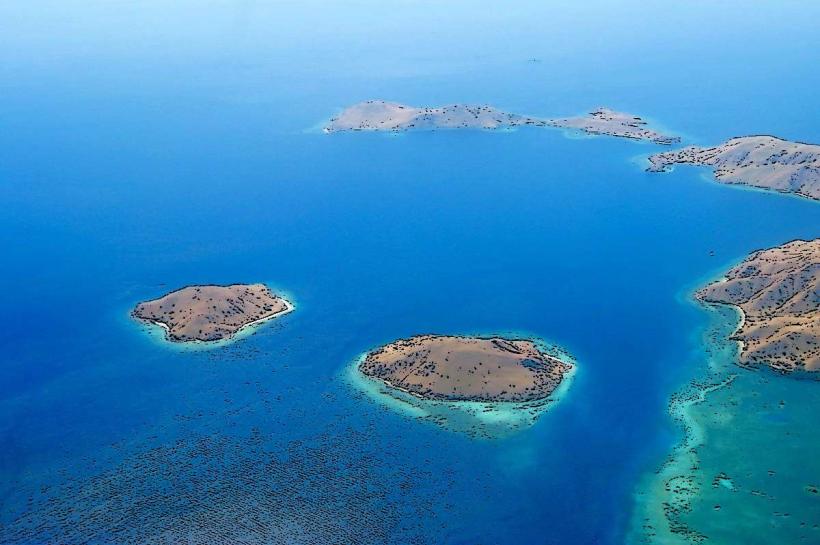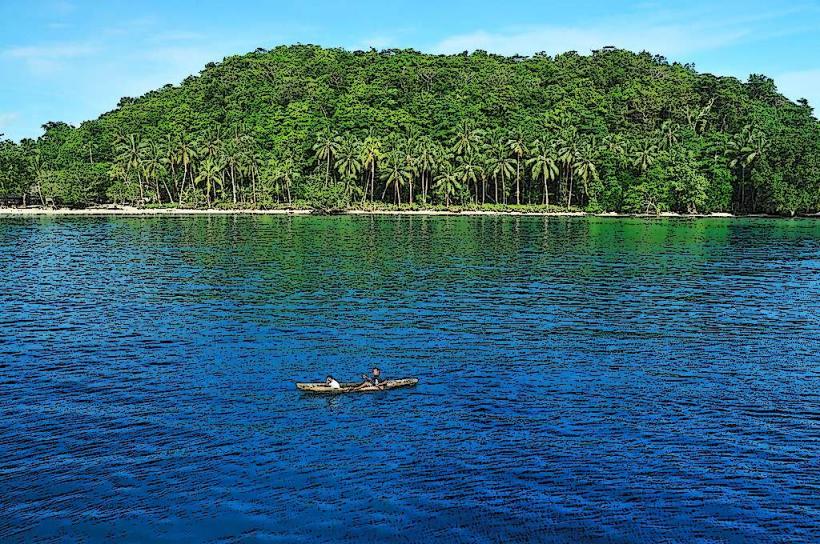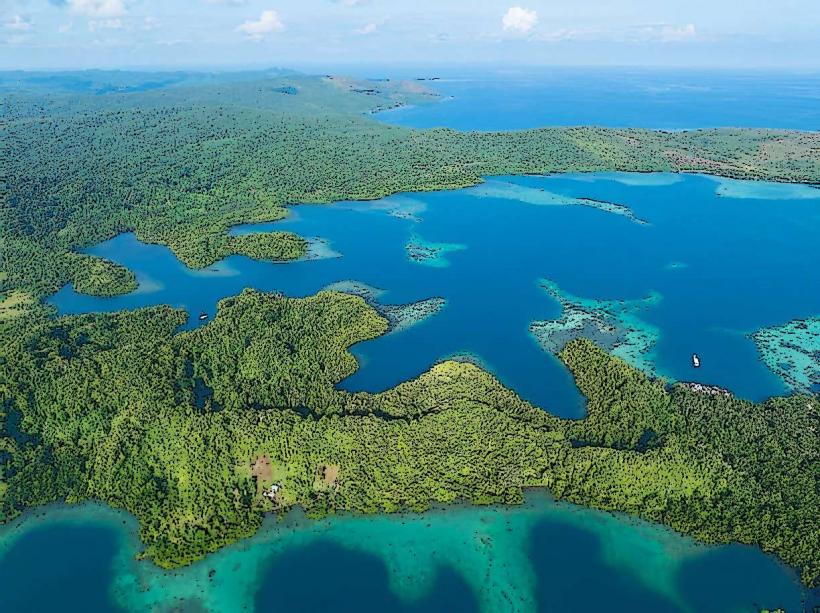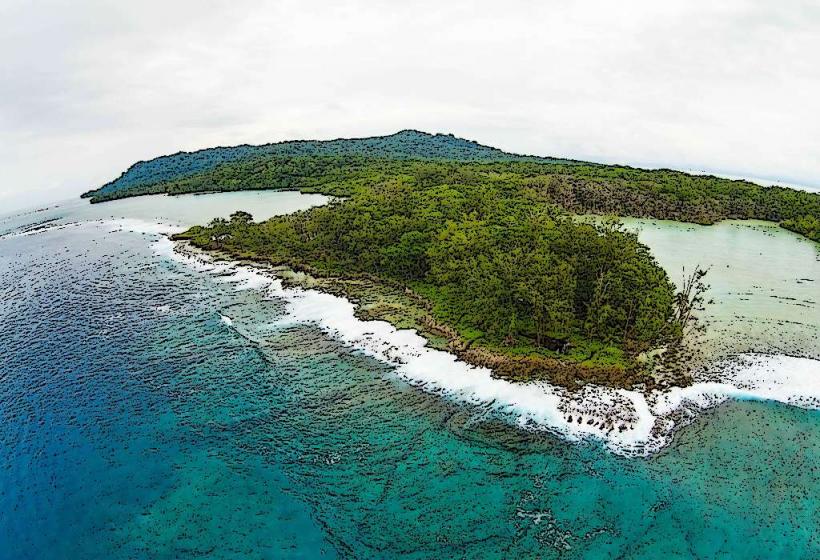Information
Landmark: Ulawa IslandCity: Western Province
Country: Solomon Islands
Continent: Australia
Ulawa Island, Western Province, Solomon Islands, Australia
Ulawa Island is located in the Solomon Islands, specifically in the Makira-Ulawa Province. It is one of the islands in the eastern part of the country and lies to the southeast of the larger island of Makira (formerly known as San Cristobal). Ulawa is notable for its natural beauty, cultural heritage, and historical significance.
Here are some key details about Ulawa Island:
Geography: Ulawa Island is a relatively large island, characterized by its hilly terrain, lush rainforests, and stunning coastal areas. The island is surrounded by clear turquoise waters, coral reefs, and white sandy beaches. The island's inland areas feature rugged mountains and valleys, which are covered in dense tropical vegetation.
Location: Ulawa is located in the southeastern part of the Solomon Islands, east of Makira Island and north of the Santa Cruz Islands. It is part of the group of islands within the Makira-Ulawa Province.
Population: The island is sparsely populated, with most of the inhabitants living in small coastal villages. The people of Ulawa are primarily of Melanesian descent and maintain traditional lifestyles based on subsistence farming, fishing, and local crafts. The population is small compared to larger urban areas, but the communities are known for their close-knit nature.
Economy: The economy of Ulawa Island is based on traditional subsistence agriculture, fishing, and some small-scale production of cash crops such as copra (dried coconut meat). Agriculture on the island includes crops like coconuts, bananas, taro, and sweet potatoes. There is also some local trade, and the community depends heavily on the natural resources available to them.
Culture: The people of Ulawa Island have a rich cultural heritage that includes traditional dances, songs, and art. They maintain strong ties to their ancestral practices, with many community activities centered around traditional ceremonies, feasts, and festivals. Local crafts such as wood carvings and woven items are commonly produced and sold. The island’s culture also has influences from Christian missions that have been established in the region.
Tourism: Ulawa Island is not a major tourist destination, but its natural beauty and cultural heritage make it a potential site for eco-tourism. The island offers visitors the chance to explore pristine beaches, coral reefs, and dense rainforests, as well as interact with local communities. The island's remoteness, however, means that infrastructure for tourism is limited.
Marine Life and Environment: The surrounding seas of Ulawa Island are rich in marine biodiversity, with coral reefs that attract divers and snorkelers. The reefs are home to a wide variety of fish species, sea turtles, and other marine creatures. The island's tropical rainforests are also home to unique flora and fauna, including various species of birds, insects, and plants.
Historical Significance: Like many other parts of the Solomon Islands, Ulawa Island was impacted by World War II. While it did not see the large-scale battles that occurred on Guadalcanal, the island was still involved in the broader conflict, and some historical remnants can be found in the region.
Ulawa Island offers a peaceful and largely untouched environment, with a combination of natural beauty, cultural traditions, and historical significance. The island remains relatively secluded, with only a small number of visitors each year, making it an ideal destination for those seeking a more remote, authentic experience of the Solomon Islands.

